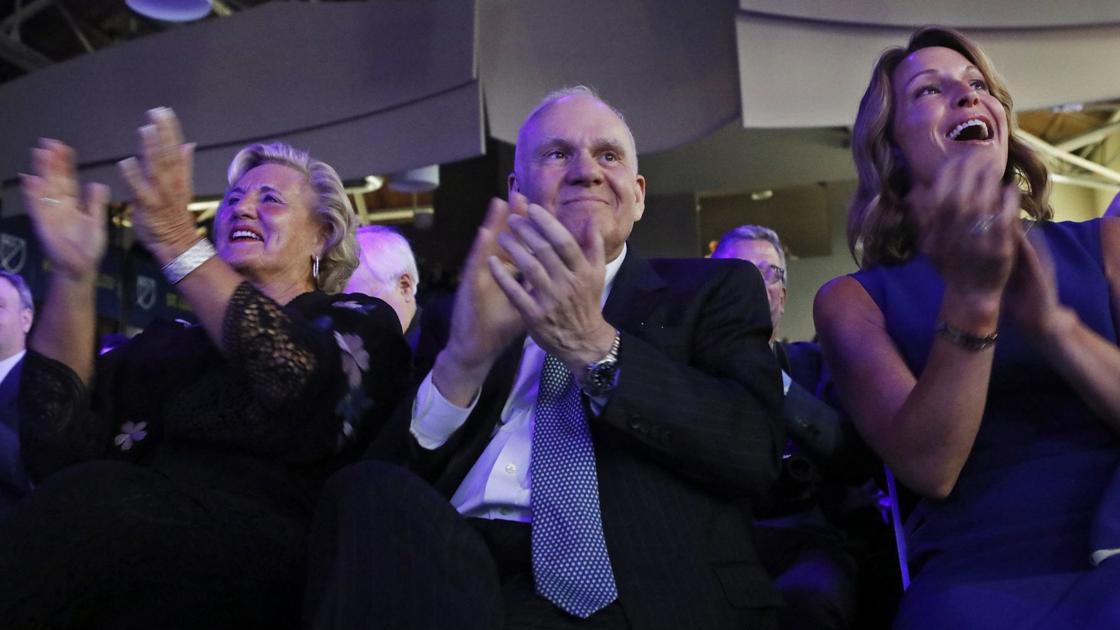
Jo Ann Taylor Kindle, Andy Taylor, and Chrissy Taylor applaude Carolyn Kindle Betz after the announcement on Tuesday, Aug. 20, 2019, that St. Louis has been awarded a major league soccer expansion team. Photo by J.B. Forbes, jforbes@post-dispatch.com
ST. LOUIS — In a move business leaders hope can unify and refocus the region’s policy priorities and growth efforts, the boards of five prominent private civic groups announced Thursday that they have agreed to merge into a new organization, Greater St. Louis Inc.
The merger combines the St. Louis Regional Chamber; business attraction group AllianceSTL; Downtown STL Inc.; urban core investment organization Arch to Park LLC; and Civic Progress, the club of big CEOs that has historically backed major regional initiatives.
Arch to Park CEO Jason Hall, a Granite City native and former Bryan Cave lawyer who headed the Missouri Department of Economic Development under former Gov. Jay Nixon, will lead Greater St. Louis Inc. Andy Taylor, executive chairman of rental car giant Enterprise Holdings and a major philanthropist who also chairs Arch to Park, will serve as founding chairman of the new group.
“Doing this gives us one voice, gives us more focus, it will force us to make an agenda of things we need to get done,” Taylor said. “We’re off to a very good start. There’s not been one person, one entity that’s said this is a bad idea. It’s like everyone had this collective epiphany.”
St. Louis’ political fragmentation — a central city devastated by population loss, a county divided into 80-plus municipalities and a half million people in Illinois who sometimes seem connected to St. Louis by just a handful of bridges — has long been an albatross some business and political leaders say stymies efforts to reverse stagnant population and economic growth.
Fragmentation has manifested itself in private economic development organizations, too, with the Chamber and Civic Progress speaking for similar constituencies. The region’s front door, downtown, had its own booster group in Downtown STL. Two of the groups in the merger, AllianceSTL and Arch to Park, have been created only within the last three years.
Backers say the new organization will represent the whole metro area — 14 counties across two states and the city of St. Louis — to direct regional efforts on business growth and public policy.
“Inclusive economic growth is going to be a key focus of that,” Taylor said.
More minority voices
Valerie Patton, a longtime Chamber executive who will become chief diversity, equity and inclusion officer of the new organization, Greater St. Louis Inc., said she will be “intentional” about including “black and brown” voices who have been left out of regional agenda-setting in the past.
“It means bringing what we call next-gen leaders to the table that have not necessarily been at the table before,” she said.
Reorienting the region’s approach to economic development comes as St. Louis’ traditional business groups, the Chamber and Civic Progress, have seen their clout wane in recent years.
The Chamber lost many key staffers, including Hall, while it was led by Joe Reagan, who was ousted in 2018 following years of deficits, complaints from employees and an internal review that found a lack of focus on strategic priorities. The Chamber CEO installed to right the ship, former UMB Bank St. Louis chief Tom Chulick, said in June he would retire at the end of the year.
Civic Progress has also seen many of its members transition from CEOs to the heads of branch offices as mergers and acquisitions took corporate headquarters, and the C-suites, elsewhere.
Hall, 45, represents a new generation of civic leadership for the region. Arch to Park, a private company founded as an investment vehicle for risky but strategic real estate investments in the urban core, had slowly begun to take a more assertive role in public affairs, funding major planning efforts for downtown and the area’s geospatial ecosystem along with the STLMade branding campaign for St. Louis.
The inclusion of Downtown STL and Arch to Park in the organization signals a greater focus on the central city as the region’s anchor. Greater St. Louis Inc. is building on work begun by past leaders who recognized the importance of the urban core, Hall said, referencing former Washington University Chancellor William Danforth’s decision to keep the medical center in the Central West End.
Hall acknowledged that retaining a distinct division within Greater St. Louis focused on the urban core — CentralCitySTL — sends a signal that “if you want to grow the region, you have to have a strong core.” Economic development groups in cities such as Charlotte, North Carolina, and Des Moines, Iowa, place strong emphasis on building their downtowns, and the current head of Downtown STL Inc., Missy Kelley, will take a senior position in Greater St. Louis Inc.
“This makes it very explicit,” Hall said. “I think that is a structural shift, and I think that’s going to be reflected in the agenda.”
Other divisions in the new organization also will retain the focus of their predecessor organizations. The Chamber will become ChamberSTL and continue to focus on public policy and advocacy. AllianceSTL, led by economic development veteran Steve Johnson, will continue to focus on business attraction.
The fourth division, the Greater St. Louis Foundation, will be led by Patton and focus on raising money to support Greater St. Louis Inc.’s philanthropic initiatives and larger agenda. A more prominent foundation led by a regional agenda-setting organization, Hall said, will be better positioned to attract national foundation dollars that can help execute strategic initiatives.
“It’s going to feel new because it’s going to be so much more elevated and strategic,” Hall said.
New development plan
Much of the group’s initial agenda will be set by a soon-to-be-released metro-area plan led by economic development expert Bruce Katz of New Localism Advisors. Hall and Patton expect talent attraction and strengthening the urban core to be top priorities in that report.
“The Katz report is one of the major catalysts in setting the agenda,” Patton said.
The merger doesn’t unify all of St. Louis’s economic development efforts. Local governments will still retain their own economic development offices. The St. Louis Development Corporation and the St. Louis Economic Development Partnership, which is more St. Louis County-focused but also performs business attraction efforts in the city, will remain prominent.
The civic group left out of the merger is the Regional Business Council, formed about 20 years ago to represent mid-sized businesses and led since then by CEO Kathy Osborn. Many of its larger members are also represented by the Chamber or Civic Progress, such as Ameren, Centene, Commerce Bank, BJC HealthCare, Mercy and SSM Health.
Hall said that the RBC is structured differently than an economic development organization and that Osborn is a “very strong partner and very supportive of this.”
The corporate community is united behind the effort, Taylor said, and he and other backers of Greater St. Louis Inc. are reaching out to involve a wider group of business and civic leaders who want to help the city thrive.
“We want to engage St. Louis patriots who want to get things done,” Taylor said.

Daily updates on the latest news in the St. Louis business community.
October 30, 2020 at 01:00AM
https://ift.tt/3myRt5H
Five civic booster groups merge, hope to promote St. Louis region with one voice - STLtoday.com
https://ift.tt/2DVP6sH


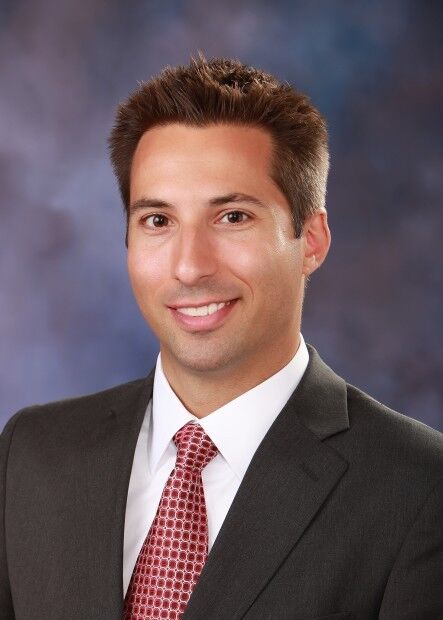
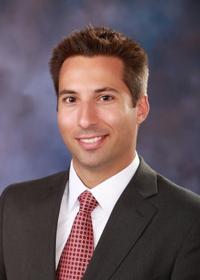
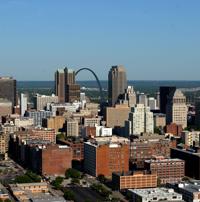


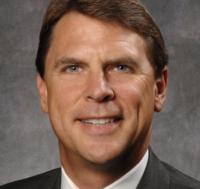


No comments:
Post a Comment